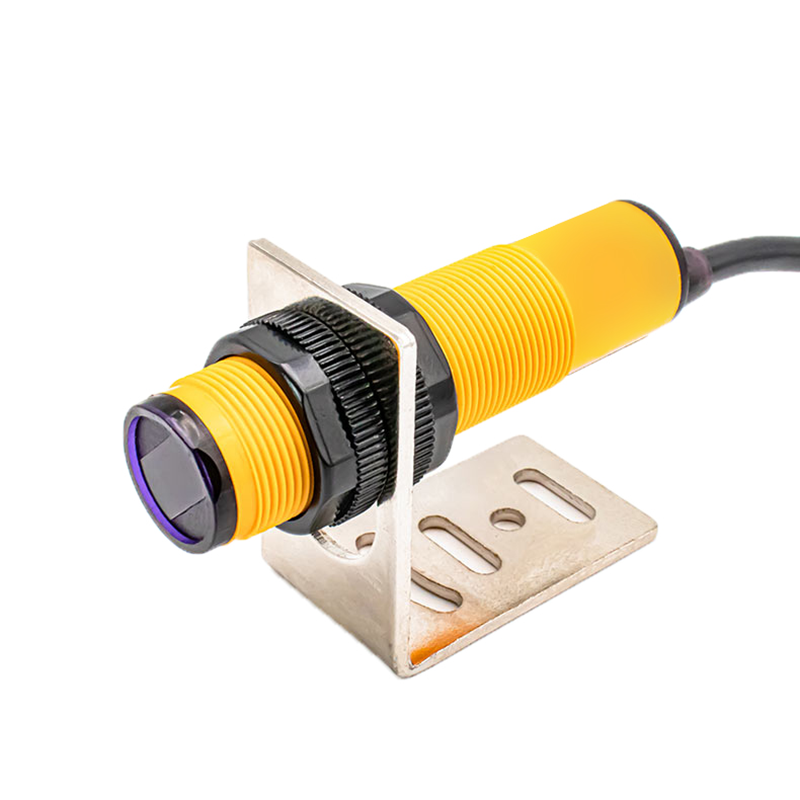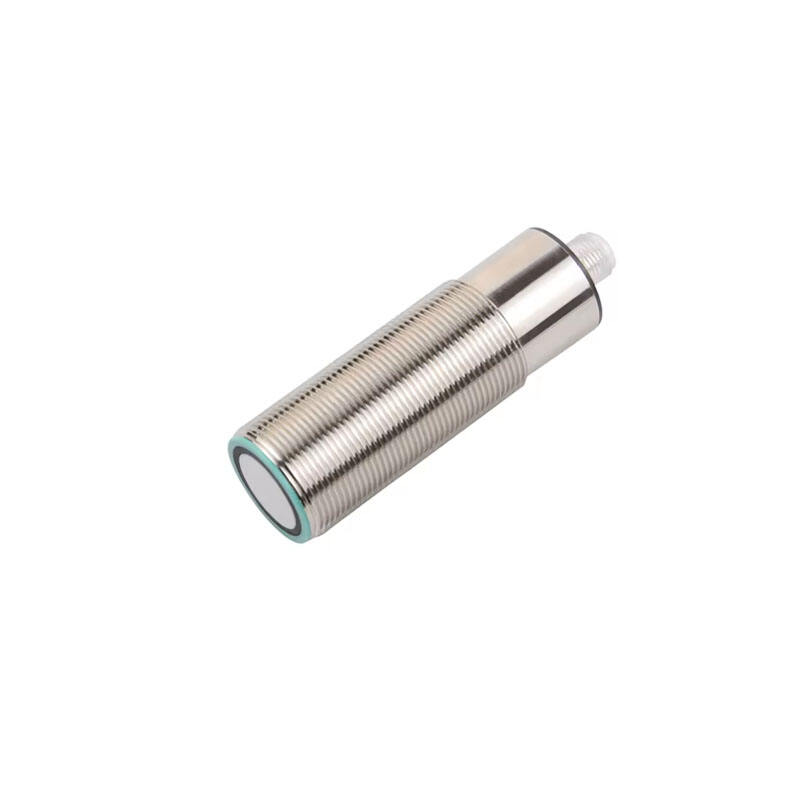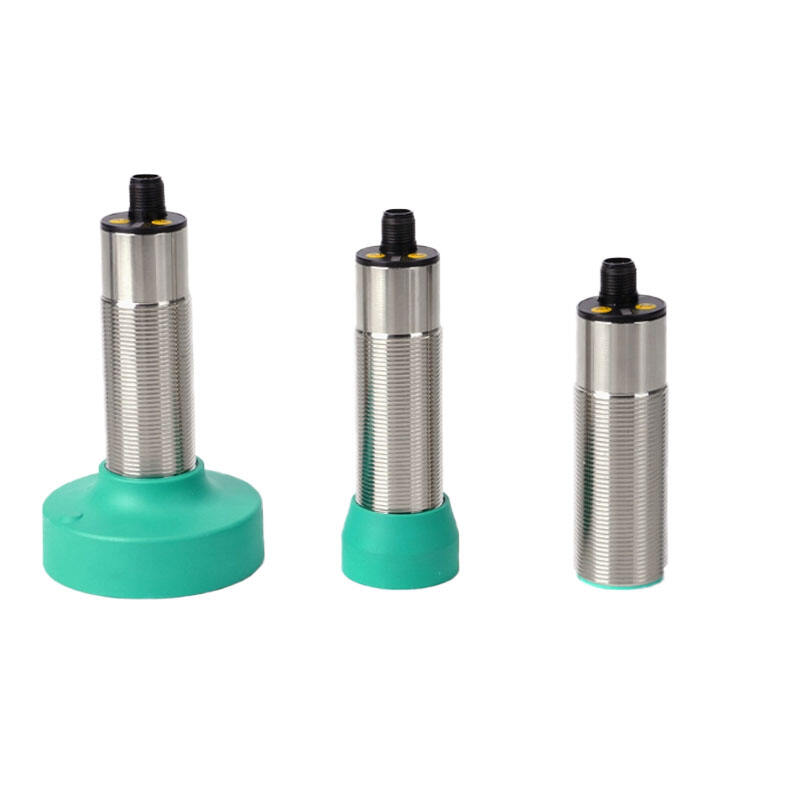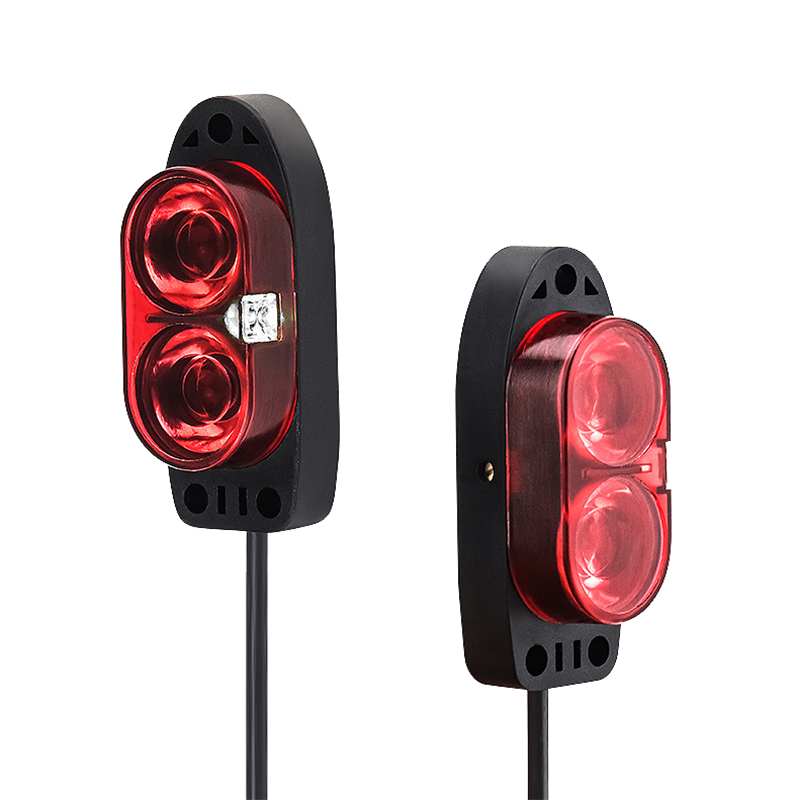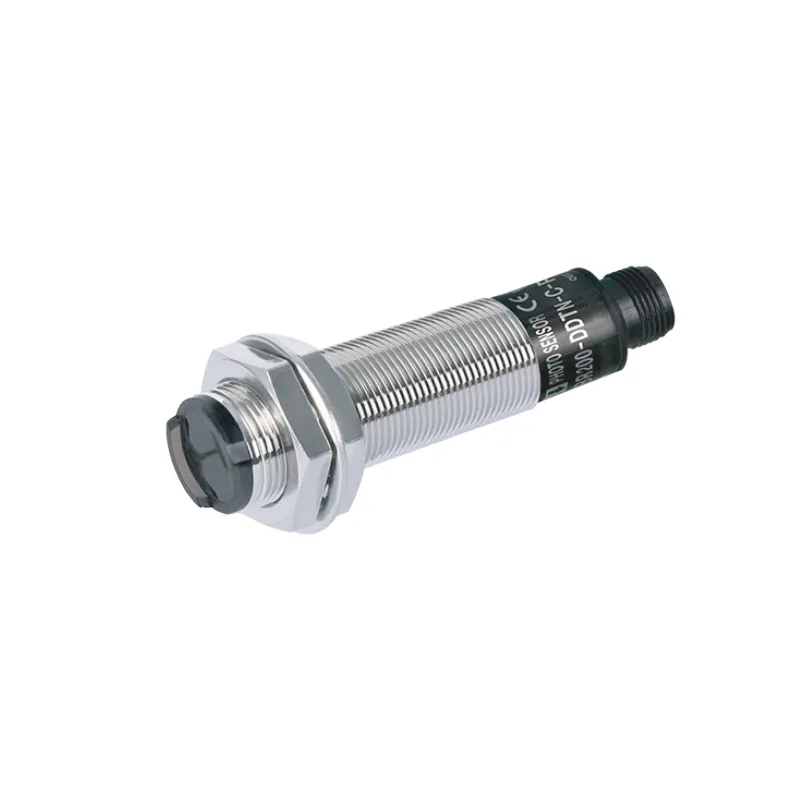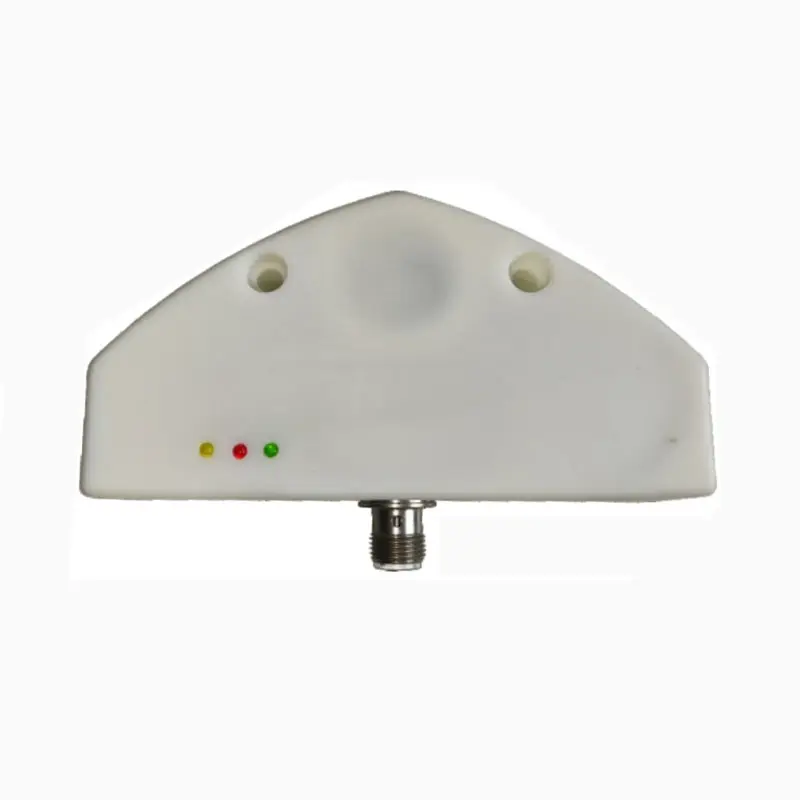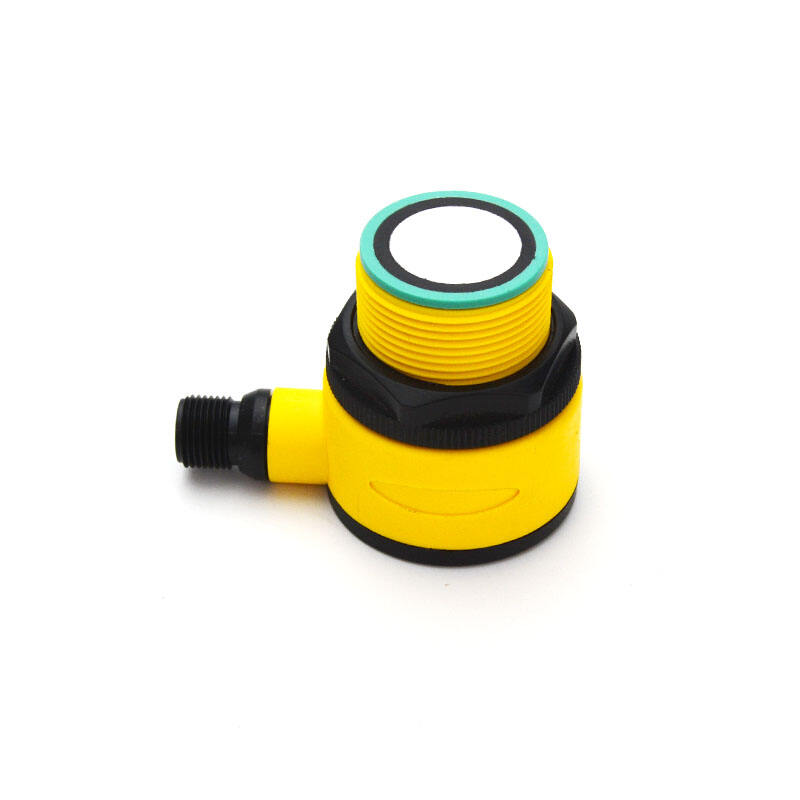contact capacitive proximity switch
A contact capacitive proximity switch is an advanced sensing device that detects the presence of objects without physical contact by measuring changes in capacitance. This sophisticated sensor technology operates by generating an electrostatic field and monitoring variations when objects enter its sensing range. The device consists of a sensing electrode, detection circuit, and output interface, working together to provide reliable object detection. When an object approaches the sensor's detection zone, it alters the electromagnetic field, triggering the switch's response. These switches are particularly valuable in industrial automation, manufacturing processes, and quality control applications. They excel at detecting both metallic and non-metallic materials, including plastics, liquids, and powders, making them versatile tools for diverse industrial needs. The technology employs advanced filtering algorithms to minimize false triggers and ensure consistent performance even in challenging environmental conditions. Modern contact capacitive proximity switches often include adjustable sensitivity settings, LED status indicators, and various output options to accommodate different control systems. Their solid-state design eliminates mechanical wear and tear, resulting in extended operational life and reduced maintenance requirements. These devices typically operate at frequencies between 10 and 100 kHz, providing rapid response times and precise detection capabilities.

